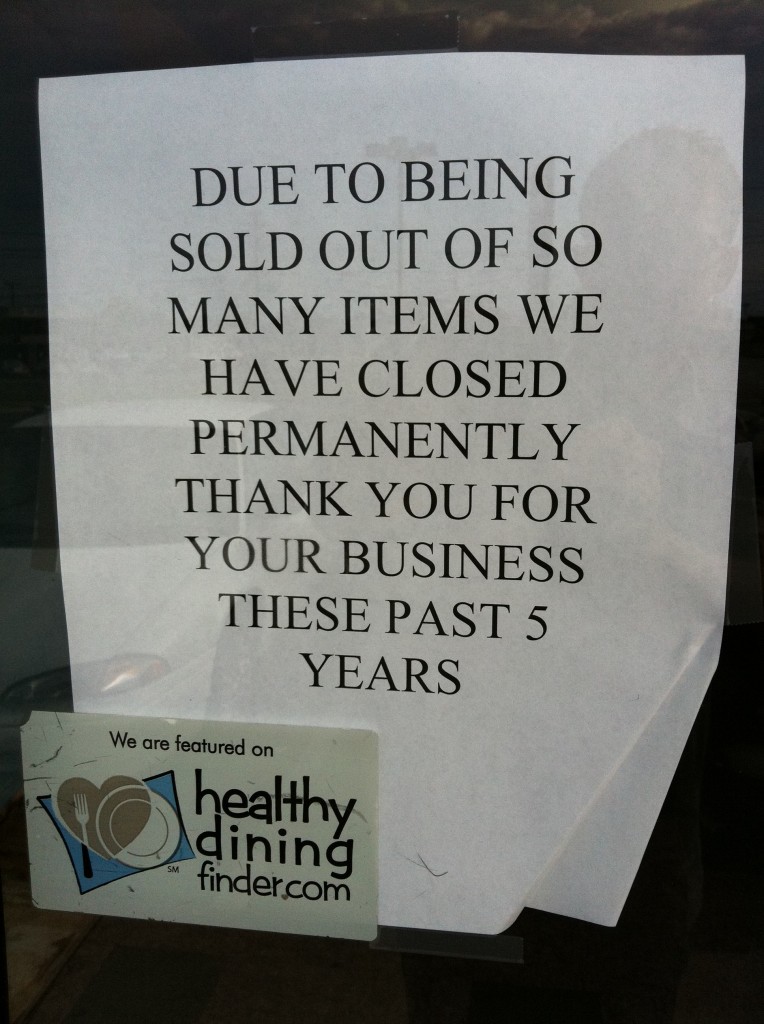I’ve heard people say that a structured, time-sensitive service isn’t one that leaves room for the Spirit to work. Ever heard that? Ever said that?
The conversation starts innocently like this:
I wish we could have sung another song…or chorus…or verse.
OR
I wish that _____ (my pastor) could’ve preached just a little longer. OR It’s over already?
And then you follow it up with this bomb
…because the Spirit needed just a little bit longer to work on ____. (or, sometimes if you’re feeling extra humble, you’ll say that the Holy Spirit needed a little longer to work on you.)
And for saying that, I call you a crazy person. Because that’s the only category you fit in right now.
“Why, Ben?” you say. I’ll tell you in 6 points.
6 Reasons to Structure your Sunday Services
1. It says it in the Bible.
Multiple times in the Bible, it tells us that all Sunday morning church services are supposed to last for 1 hour. Don’t question me on that. I went to seminary.
2. We pastors can’t work more than an hour straight.
Like “they” say, preaching a normal-length sermon is like working an 8-hour day. So if we have 2 services every Sunday, we work a 16 hour day. And if we, like we do at Grace, have 3 live services on our campus on Sunday, it’s like we’ve worked a 24 hour day. And you want us to do more?!? You walk a hard line, my friend.
3. How “bad” are you that the Creator of the universe can’t do anything in your life in a solid hour?
*I’m pausing here for dramatic effect, then peering judgmentally over the top of my glasses at you as they slide down to the end of my nose.
4. When you have multiple services on a Sunday, logistics dictates that you have some structured order.
After all, the next service, full of people ready to experience God, is coming.
5. Structure isn’t bad. Is it?
Since when has structuring something been considered evil? We see nothing in the Scriptures saying that limiting the length of a service is anti-Holy Spirit. In fact, we at Grace have found that people are more apt to engage when they know that there will be a planned start and stop time.
6. Structure doesn’t have to limit the Spirit.
To think that the Holy Spirit is limited by time is thinking very little of the Spirit. Can God not work in an hour? How much longer does He need? Does He need just a few more minutes to really do His best work? One more repeat of the chorus…one more killer illustration…one more winsomely timed video?
*image via Kai Blake










Don’t be anonymous
The more and more I’m active in social media, the more and more anonymous commenters I seem to attract.
Image via Guardian
And at one level, I get it. Anonymous comments are a chance to share what you really think, without the ramifications of having to deal relationally by asking hard questions, making pointed statements, and pushing someone in a way you wouldn’t normally do in person. I get it. But if you’re going to make some strong statements, don’t hide behind a false name. Be real. Give the person you’re attacking the chance to talk to a real person…not just a fake name.
Here’s the principle behind what I’m saying:
This principle holds true with many things in life.
If you’ve got a good idea, and you believe in it, sign your name to it. If you don’t believe in it, why promote it?
If you’ve got a new policy, and you believe it’s worth implementing, sign your name to it. Stand behind it. If you’re not willing to stand behind it, and deal with the questions and complaints, why implement it?
If you’re ready to hire a new person, and you believe they’re the right person for the job, stand behind them. Let everyone know you believe in this person. If you don’t believe in them, don’t hire them.
If you’re leading your organization in a new direction, stand behind the decision. There may be bumps along the way, but if you believe this is the direction you should go, then show everyone you believe in it.
Anonymous people rarely get anything done. It’s when you are willing to sign your name to what you believe that the ball can begin moving forward.
We don’t need more anonymity. We need leaders.
Question: Have you ever gotten anonymous comments on something you’ve done?